LSBU researchers investigating metal hydride hydrogen storage for buses
Green Car Congress
DECEMBER 2, 2020
Researchers from London South Bank University (LSBU), School of the Built Environment and Architecture, are investigating the use of metal hydrides to absorb, release and store hydrogen for fuel cell buses. Hydrogen is stored by reaction with a metal to form a hydride (exothermic reaction). From Adelhelm & Jongh (2011).

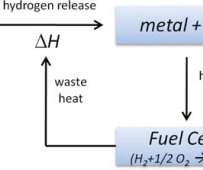



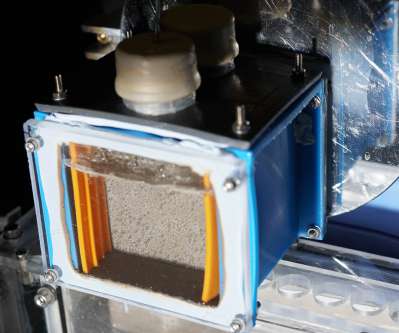




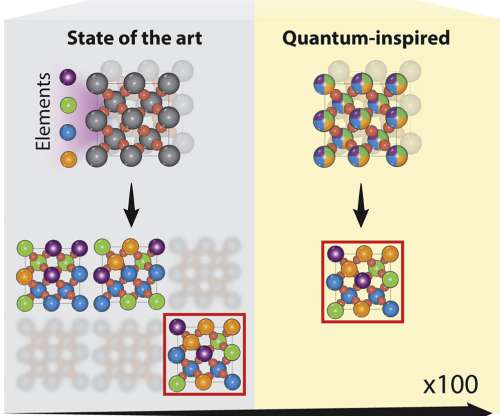
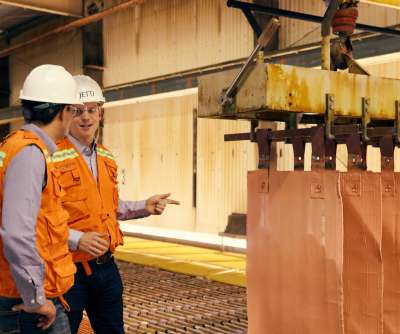




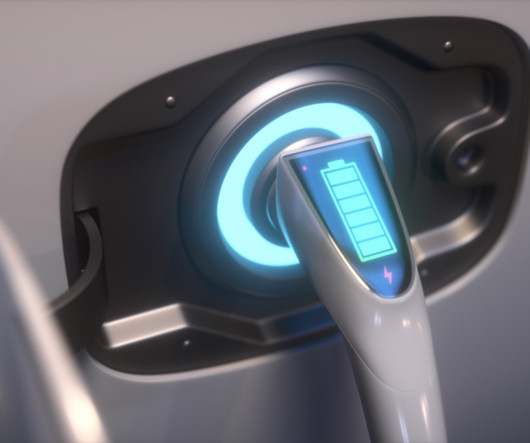






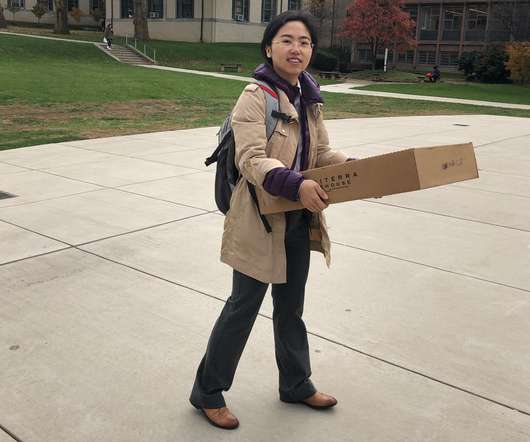





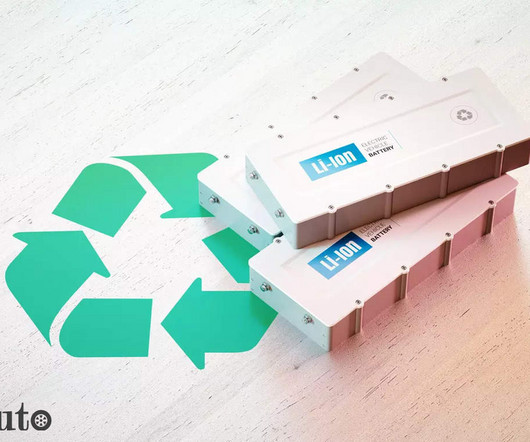





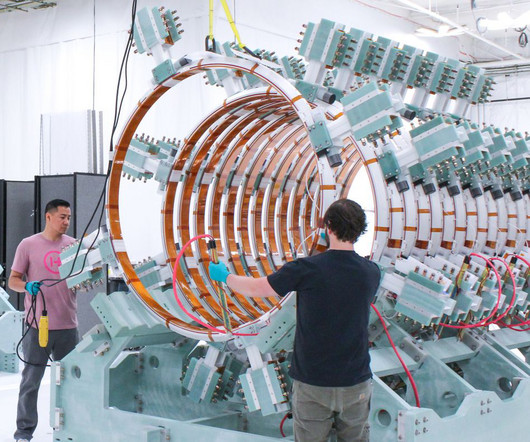






Let's personalize your content